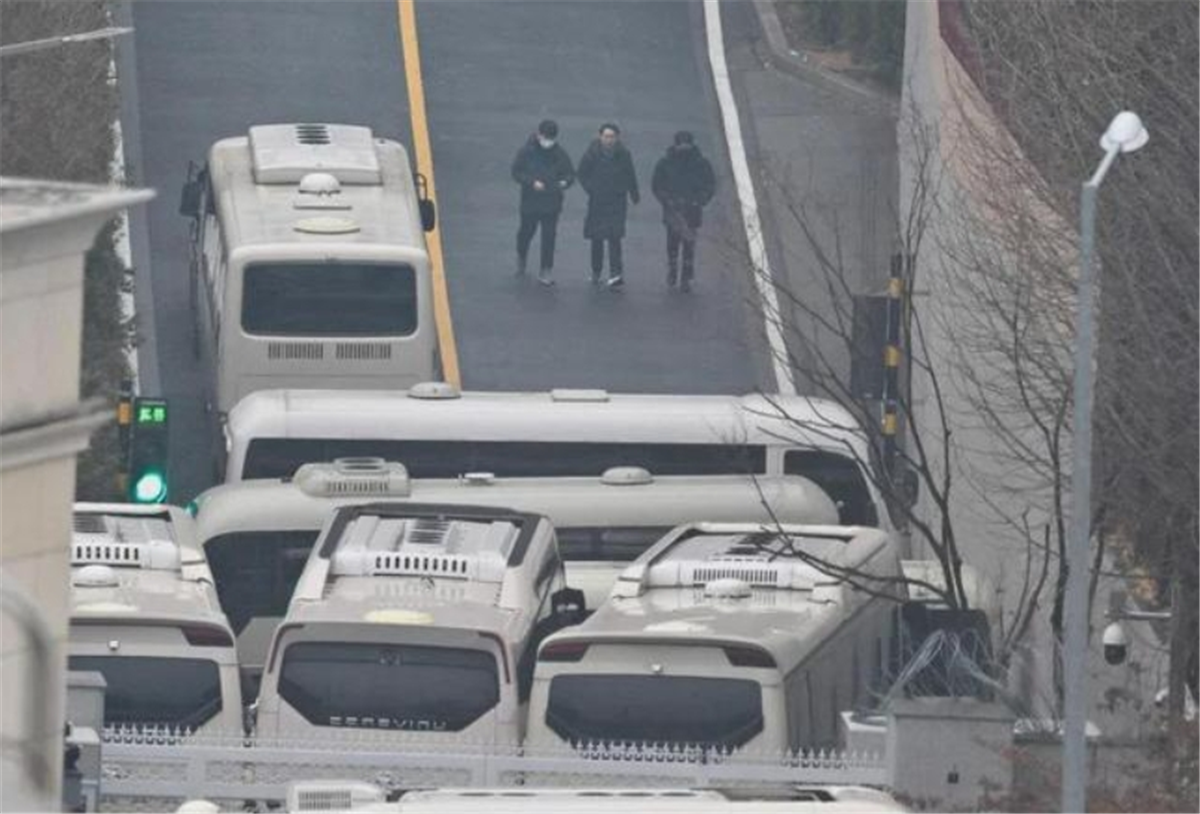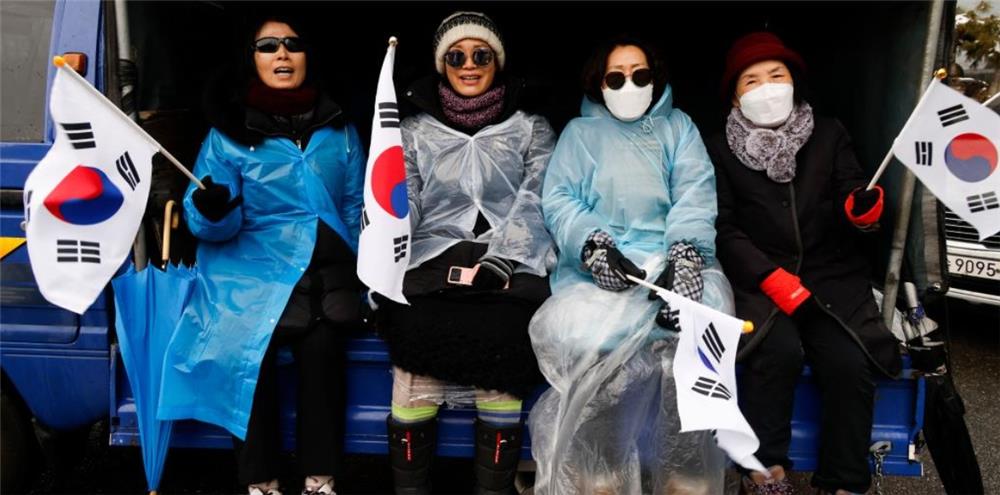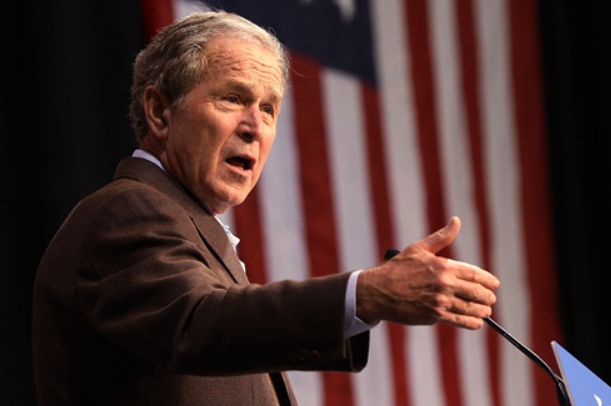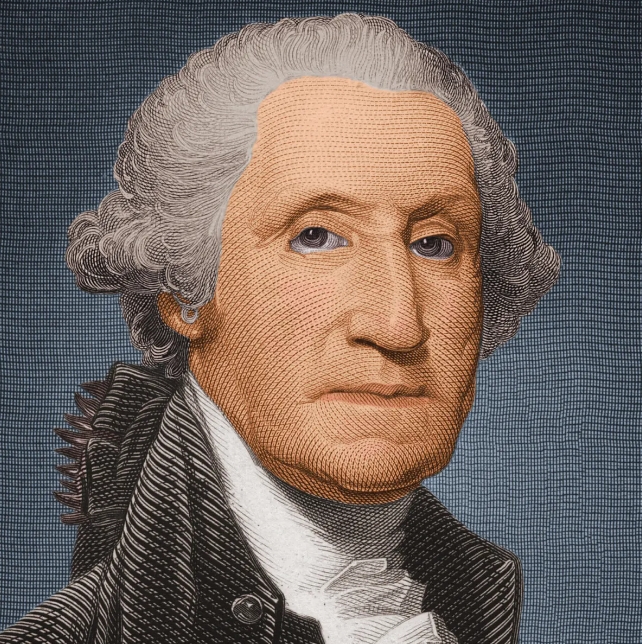Korean Acting President makes concessions and appoints 2 constitutional judges; experts say the situation is unfavorable for Yoon Suk-yeol

In the current situation in Korea, where public sentiment is volatile, both sides are also being careful not to be seen by ordinary people as "fighting for the interests of political parties, not for the interests of the Korean people".
The head of the presidential guard has continued to refuse to cooperate with the execution of the arrest warrant for the impeached President Yoon Suk-yeol. Given the current impasse, according to Xinhua, the Special Prosecutor's Office and the National Investigation Department of the National Police Agency of South Korea reached an agreement on June 6 to jointly execute the arrest warrant on the suspended President Yoon Suk-yeol under the "Joint Investigation Department". "Joint investigation department" issued a statement on June 6, saying that on the same day, it submitted an application to the Seoul Western District Court to extend the validity period of Yoon Suk-yeol's arrest warrant.
Why is Yoon Suk-yeol's arrest so difficult. And how can this "hot potato" be handled?
Police, Prosecutor's Office Joint Execution
Yesterday was the last day of the validity period of the previous arrest warrant. The tug-of-war between the two sides was still going on.
After confronting the Special Prosecutor's Office staff for five and a half hours on the third, the presidential guard further strengthened the defenses of the presidential residence at the weekend: barbed wire was erected outside the outer wall, and buses were used to block the roads to the residence. Add to them the human wall formed by Yoon Suk-yeol's supporters in the middle of the blizzard. Together these constituted a "three-layer barrier" against the arrest of Yoon.
The presidential guard strengthened the defenses of the presidential residence: barbed wired was erected outside the outer wall, and buses were used to block the roads to the residence
On the other hand, the Special Prosecutor's Office sent a public letter to the National Investigation Department of the National Police Agency of South Korea at 5 pm. on May 5 to hand over the mission of executing the arrest warrant to the police. However, the National Investigation Department on the morning of the sixth said that the special prosecutor's office's relevant document "had legal defects" and that the police couldn't follow.
But a few hours later, the National Investigation Department changed its attitude and said that, after consultation with the special prosecutor's office, both sides agreed to maintain the "joint investigation department" system. The South Korean Special Prosecutor's Office also said that the execution of the arrest warrant will be carried out jointly by the Special Prosecutor's Office and the Police under the framework of the "Joint Investigation Department", which is jointly established by the National Police Agency, the Special Prosecutor's Office, and the Ministry of National Defense.
The latest news from the South Korean police said that the whereabouts of Yoon Suk-yeol is being investigated, and will try to seize Yoon actively during the second execution of the arrest warrant. South Korea's police also said that it is communicating with the Special Prosecutor's Office to consider the arrest of the presidential guard who hindered the execution of the arrest warrant, and that it will discuss all feasible schemes regarding the deployment of special police officers to participate in the execution of the second arrest warrant.
Enter a new stage of the game
The "Joint Investigation Department" submitted an application to the Seoul Western District Court on the evening of the 6th to extend the validity period of the arrest warrant, but did not specify how long it requested to extend.
Yang Danzhi, an international expert at the Institute of Asia-Pacific and Global Strategy of the Chinese Academy of Social Sciences, analyzed that the presidential guards still refuse to cooperate with the execution of the arrest warrant not only because its chief, Park Jong-joon, was appointed by Yoon Suk-yeol last September, but also because it is a South Korean president who is elected by the South Korean people in an election. "In the view of the presidential guards, although Yoon Suk-yeol was impeached and suspended, as long as he is not impeached, the presidential guards must perform their duty to protect Yoon. So they would not be willing to help execute the arrest warrant."
"Both sides now claim that their actions are backed by law", Yang Dantzhi noted, adding that this reveals weaknesses in South Korea's rule of law. Some analyses have pointed out that, under South Korea's current investigative system, the authorities of the office of the Special Prosecutor, the prosecution service, and the police are unclear, thus leaving space for the two sides to argue against each other.
But in view of the current public opinion and political situation in South Korea, Deputy President Choi sang-mu has also made some concessions, by appointing two constitutional judges, Yang Dantzhi said. "So now, there is a need to explore new solutions in both South Korea and the United States."
The South Korean police have also said that they are considering arresting the presidential guard who hinder the enforcement of the warrant. But Yang Dantzhi pointed out that avoiding physical or even bloody confrontations remains a consensus for all sides. So the "joint investigation department" is still hoping that Yoon will cooperate with the investigation voluntarily. "The game between the two sides has entered a new stage", Yang said, and added that More and more evidence points to Yoon Suk-yeol himself, and the situation is not in his favour.
He said that Yoon Suk-yeol and the ruling People Power Party hope to "postpone the trial for as long as possible", and then the situation might change. But the leader of the Democratic Party, Korea's largest opposition party, Lee Jae-myung, who has a criminal record, wants to "sprint 100 meters"; and now, in view of Lee's poor popularity among South Korean voters, he may not want to let this opportunity slip through his fingers.
So the two sides are still competing and compromising on a daily basis. But the South Korean media believes that the South Korean government is more pro-US, and has a tendency of being subservient to America, while the Democratic Party is anti-government, and is seen as pro-Chinese. Although Lee Jae-myung has a criminal record, he is not close to China, and China would not actively support a person with a criminal record.
In the current situation in South Korea, where public sentiment can be explosive, both sides need to avoid giving ordinary people the impression that they are fighting for the interests of political parties rather than national interests.
On the 6th, the constitutional court of South Korea held its first judges' meeting attended by eight judges, and will hold the first formal debate on the impeachment of President Yoon Suk-yeol on the 14th, and after that to hold five sessions of debate with a frequency of twice per week in the next month before the fourth. Public opinion is watching whether the ruling party camp will break with Yoon Suk-yeol, and how the Constitutional Court will vote. "Whether the two sides will further compromise and reach an acceptable solution also deserves attention", Yang Dantzhi said, "but at present, the gap between the two sides is still very large, and on the key issue of who should be the president, both sides will still start from the interests of their own political parties."
 Famous Persons
Famous Persons English
English
 John
John Facebook
Facebook Twitter
Twitter Pinterest
Pinterest Linkin
Linkin Email
Email Copy Link
Copy Link










